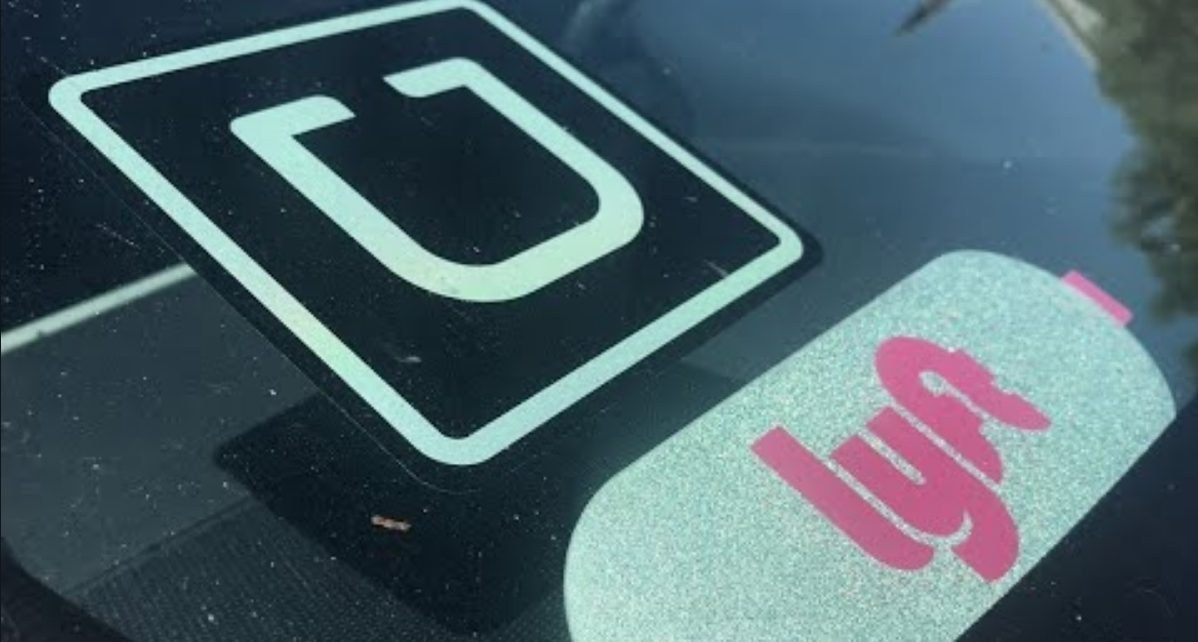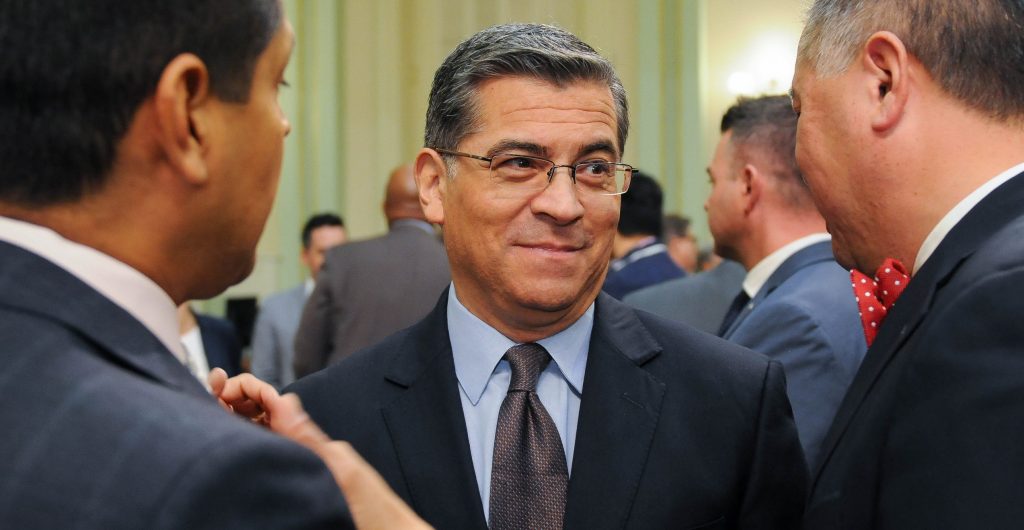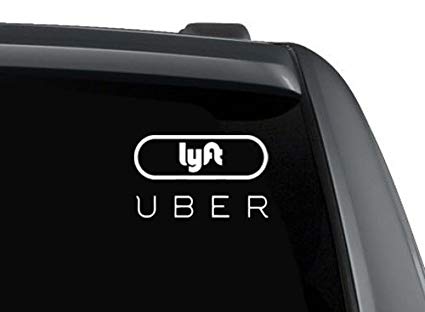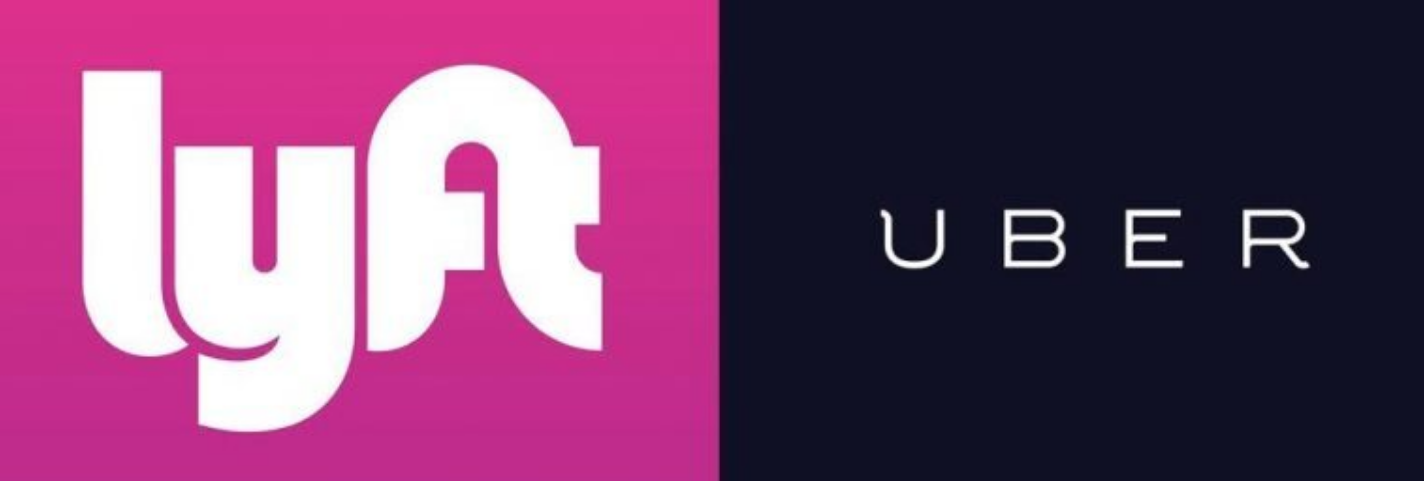
Appellate Court Rules Against Uber, Lyft in Rideshare Driver Classification Appeal
Ruling gives 30 days to comply with order, Companies continue push for Prop 22 passage
By Evan Symon, October 23, 2020 2:54 pm
On Thursday, the California 1st District Court of Appeal ruled in favor of the state in the rideshare driver classification appeal, ordering Uber, Lyft, and other rideshare companies to comply with AB 5 and classify their drivers as employees.
Rideshare companies, as well as gig-based delivery companies such as DoorDash, will have 30 days to comply with the order following finalization from the court in November. The companies will also have 10 days to appeal the ruling to the California Supreme Court.
Uber, Lyft, and other rideshare companies have not complied with the new AB 5 law, as it narrows what the definition of what a freelance or gig worker is, and forces businesses to hire more people on as employees. While proponents of the bill have said that it will give more people benefits and job protections, opponents have said that it will ruin job flexibility and will cause tens of thousands of drivers in the state to be let go as it would destroy most rideshare companies business models.
While AB 5 was passed in January, the fight over the law by rideshare companies has heated up since the summer. In August, a San Francisco Superior court had ordered that rideshare companies were to reclassify all drivers as employees in only 10 days, catching many rideshare companies off guard. As complying would destroy their businesses and cause tens of thousands of people to be let go, all rideshare companies announced that they would leave the state until at least November should an appeal stay fail. However, Uber, Lyft, and the other companies won the emergency stay, allowing drivers to remain independent contractors until an Appellate court ruled on the case. Earlier this month, the appeal began.
In their ruling against the rideshare companies on Thursday, the Appellate judges said that they found nothing wrong with the Superior Court’s August ruling, validating their preliminary injunction.

“We address here whether the trial court abused its discretion in granting a preliminary injunction that restrains Uber and Lyft from classifying their drivers as independent contractors,” said Appellate Judge Jon B. Streeter. “Seeing no legal error, we conclude the trial court acted within its discretion and accordingly affirm the order as issued.
“Neither company would suffer any grave or irreparable harm by being prohibited from violating the law and their financial burdens do not rise to the level of irreparable harm. It is broad in scope, no doubt, but so too is the scale of the alleged violations.”
Supporters of the law celebrated the ruling on Friday.
“Californians have fought long and hard for paycheck and benefit protections,” noted California Attorney General Xavier Becerra. “Uber and Lyft have used their muscle and clout to resist treating their drivers as workers entitled to those paycheck and benefit protections.”
City officials from San Francisco, where many of the companies are based, also praised the decision.
“This is a victory for the people of California and for every driver who has been denied fair wages, paid sick days and other benefits by these companies,” said San Francisco City Attorney Dennis Herrera in a statement.
The Prop 22 override of the Appellate decision
However, rideshare companies were more cautious in their responses to the ruling, as Proposition 22, which would exempt rideshare workers from AB 5, is awaiting a statewide vote in less than two weeks.
“Today’s ruling means that if the voters don’t say Yes on Proposition 22, rideshare drivers will be prevented from continuing to work as independent contractors, putting hundreds of thousands of Californians out of work and likely shutting down ridesharing throughout much of the state,” stated Uber spokesperson Matt Kallman in a press release. “We’re considering our appeal options, but the stakes couldn’t be higher for drivers — 72% of whom support Prop 22 — and for the California economy, where millions of people are jobless and another 158,000 just sought unemployment support this week.”
Lyft also made a brief statement, saying “This ruling makes it more urgent than ever for voters to stand with drivers and vote yes on Prop. 22.”
Due to the Appellate ruling, the future of rideshare services in California now reside solely with voters next month. While the companies do have 10 days to file an Appeal over the ruling on Thursday, many legal experts predict that it would be unlikely due to the Supreme Court having a long history of upholding cases similar to it and the fact that it is so close to election day.
“It really is all riding on Prop 22 now,” explained Lawyer and rideshare driver legal advisor Anne Stark. “Prop 22 overrides any court decision. The Appellate Court’s decision and order would not be enacted in time.
“Rideshare companies have put almost $200 million towards getting Prop 22 passed. And we’re likely going to see one final charge now to get as many to vote that was as possible.
“If they don’t, they die in California. That’s how they see it. Today was the battle. November 3rd is the war.”
Rideshare companies have said that they would do what they nearly did in August and leave the state if Prop 22 fails and the Supreme Court doesn’t rule on the case.
“If the voters don’t say yes on Proposition 22, ride-share drivers will be prevented from continuing to work as independent contractors, putting hundreds of thousands of Californians out of work and likely shutting down ride-sharing throughout much of the state,” said Uber spokesman Davis White on Friday.
Uber and Lyft are currently considering an appeal to the state Supreme Court.
- Bill to Require Law Enforcement Disclosure if AI Was Used To Help Write Reports - August 7, 2025
- Gov. Newsom Files FOIA Request To ‘Expose True Cost’ Of L.A. Federal Troop Deployment for Anti-ICE Riots - August 6, 2025
- California Redistricting: How Newsom’s Plan Will Demolish Hard Fought GOP Gains - August 6, 2025




Corrupted Court System in the Dictatorial Government of California. Nothing new here